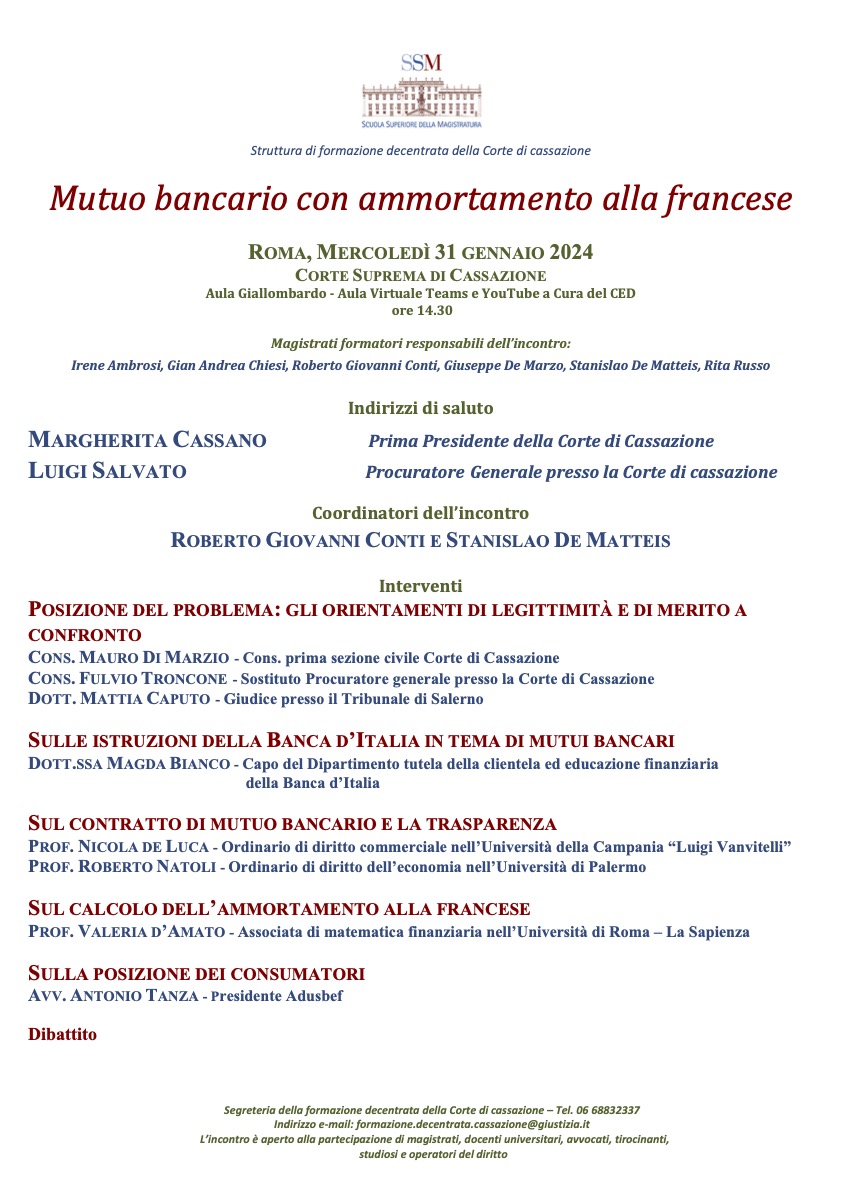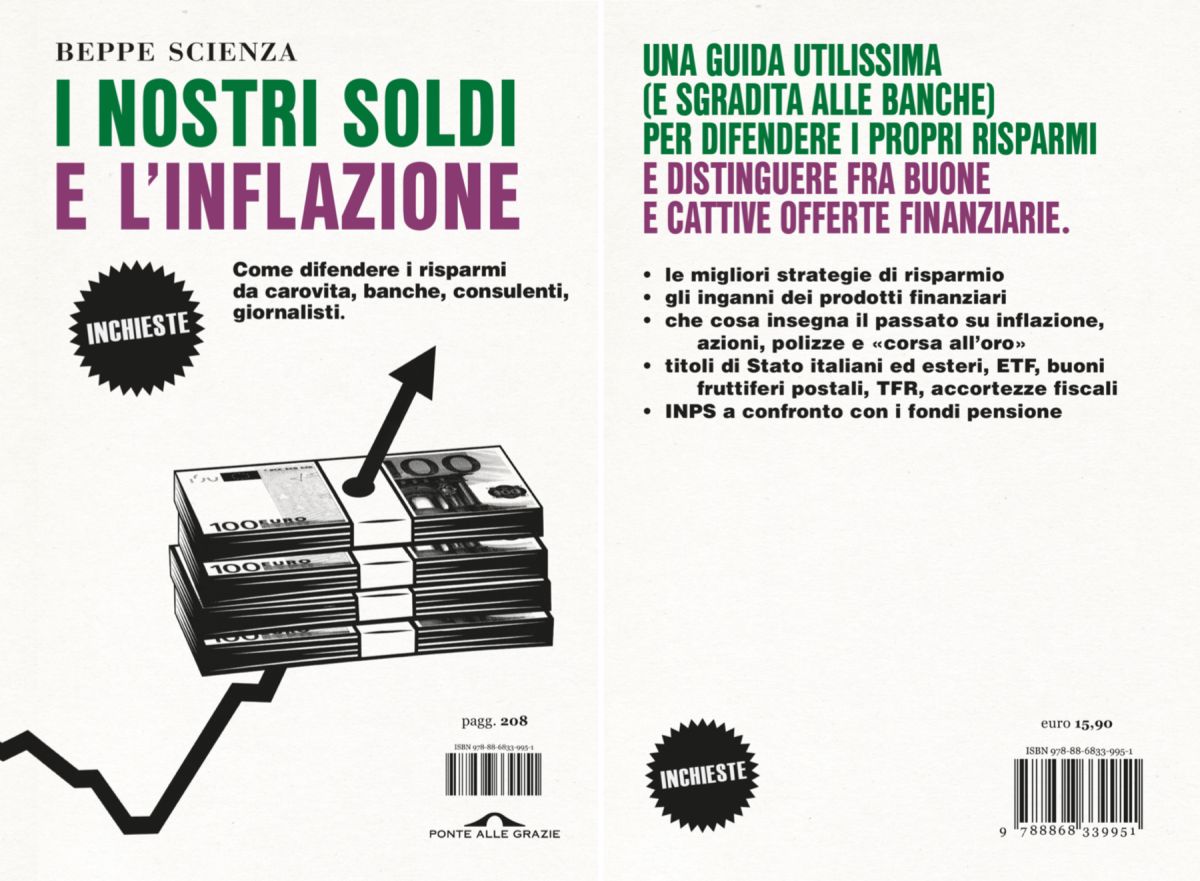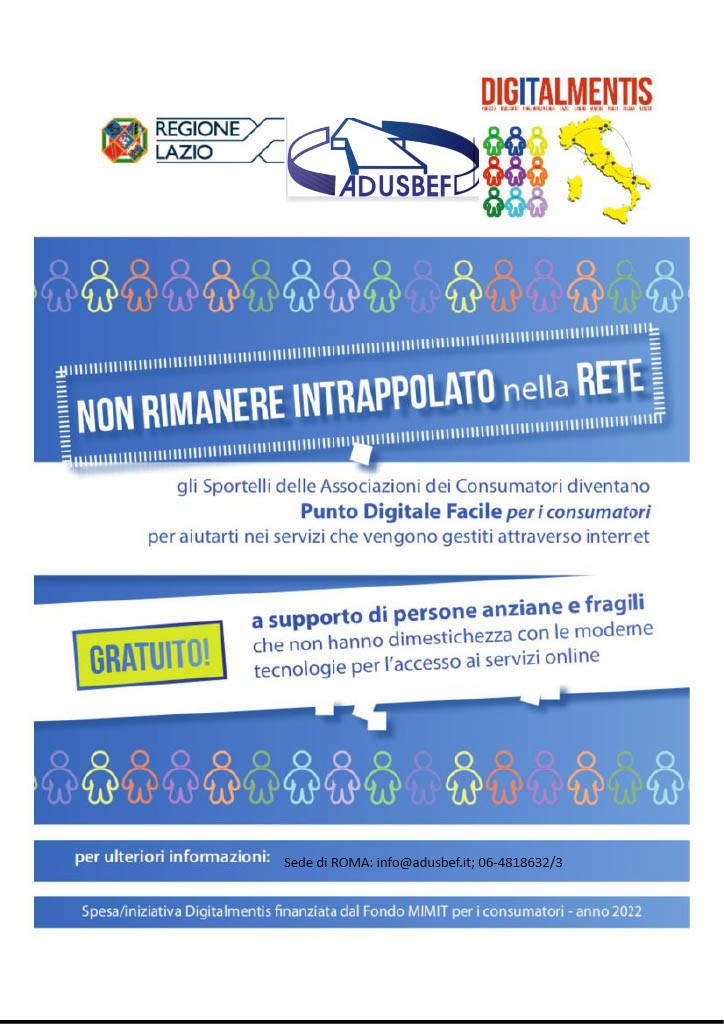LA REPUBBLICA DELLE BANCHE
Go to Hell, Italian Banks Told by Best-Selling Book Championing Customers ( Bloomberg del 23/10/2008 ) Stampa - Guida Banks Can Go to Hell, Says Best-Selling Italian Business Book By Chiara Remondini and Alessandra Migliaccio Oct. 23 (Bloomberg) -- ``Vaffanbanka!,'' an Italian book about coping with the country's oft-ridiculed banking industry, is luring thousands of readers as investors struggle to deal with the global financial crisis. The title can be loosely translated as ``Go to Hell Banks!'' The book seeks to help Italians navigate through the maze of current-account commissions, investment advice and complicated financial products. The volume became Italy's best-selling business book after its debut on Sept. 10, with about 28,000 copies printed as of Oct. 21, according to publisher Rizzoli, a unit of RCS MediaGroup SpA, which is doing a fifth reprint. ``Vaffanbanka!'' ranked No. 3 on daily la Repubblica's Oct. 11 list of best-selling non-fiction books, following a biography of Padre Pio, the Italian monk canonized in 2002. ``The book is selling a lot, well beyond our forecasts,'' Luca Ussia, who heads Rizzoli's manuals and guides business, said in a telephone interview. ``We were very lucky with the timing. There is strong demand for books like this, which address people's financial problems and concern.'' Rizzoli is promoting the book with full-page ads in newspapers including the country's biggest daily Corriere della Sera, also owned by RCS, and with tours by its authors: journalist Marco Fratini and Lorenzo Marconi, a financial analyst at Intra Private Bank. The writers define it as a ``self-defense'' manual. The book is benefiting from the turmoil on global markets. UniCredit SpA, the country's biggest lender, lost about half of its value in the past six months. This month it lowered its profit forecast and Chief Executive Officer Alessandro Profumo said that it had underestimated the crisis. Investors frequently criticize Italian banks for a lack of transparency in the way they do business. For example, about 100,000 Italian bondholders and shareholders had their savings wiped out after Parmalat SpA defaulted on its bonds in December 2003. Many of the bonds were sold by Italian banks. `Under a Mattress' ``I don't know if I should be putting my money under a mattress or what,'' said Nicole Comotti, 28, a travel agent living in Rome, as she leafed through a copy of ``Vaffanbanka!'' at one of the city's bookstores. Fratini and Marconi say they are offering common-sense investment tips such as: ``Don't buy at the top of the market, and don't sell at the bottom.'' This is advice ``that should seem obvious but incredibly isn't because it's exactly what most people do,'' Fratini said in an interview. The book also includes tests on the reader's financial knowledge and relationship with banks, with questions such as: ``Do you know how much your account costs? Do you ever renegotiate the terms of your account? Have you ever changed banks?'' The Association of Italian Banks, ABI, says the industry is responding to consumers' concerns. A spokesman pointed to ABI's PattiChiari Web Site, which provides up-to-date information about commissions, investment strategies and news on bank bailouts. `Republic of Banks' Other Italian writers also are taking advantage of the demand for easy-to-understand books about finance and banks. Elio Lannutti, head of Italian consumer association Adusbef, wrote ``La Repubblica delle Banche,'' or ``The Republic of Banks,'' which has sold about 20,000 copies since its July publication. Lannutti claims ``banks haven't done enough to reassure consumers.'' His group is preparing class-action lawsuits against financial institutions connected to the bankruptcies of food companies Parmalat and Cirio Finanziaria SpA, as well as the default of Argentine bonds. ``Italians often still approach banks hat in hand, as if entering a sanctuary,'' Fratini said. ``Banks are like shops: They want to sell you something, so clients must have clear ideas about what they want to avoid being cheated on.'' To contact the writers on the story: Chiara Remondini in Milan at [email protected]; Alessandra Migliaccio in Rome at [email protected] Last Updated: October 22, 2008 19:33 EDT Banks Can Go to Hell, Says Best-Selling Italian Business Book By Chiara Remondini and Alessandra Migliaccio Oct. 23 (Bloomberg) -- ``Vaffanbanka!,'' an Italian book about coping with the country's oft-ridiculed banking industry, is luring thousands of readers as investors struggle to deal with the global financial crisis. The title can be loosely translated as ``Go to Hell Banks!'' The book seeks to help Italians navigate through the maze of current-account commissions, investment advice and complicated financial products. The volume became Italy's best-selling business book after its debut on Sept. 10, with about 28,000 copies printed as of Oct. 21, according to publisher Rizzoli, a unit of RCS MediaGroup SpA, which is doing a fifth reprint. ``Vaffanbanka!'' ranked No. 3 on daily la Repubblica's Oct. 11 list of best-selling non-fiction books, following a biography of Padre Pio, the Italian monk canonized in 2002. ``The book is selling a lot, well beyond our forecasts,'' Luca Ussia, who heads Rizzoli's manuals and guides business, said in a telephone interview. ``We were very lucky with the timing. There is strong demand for books like this, which address people's financial problems and concern.'' Rizzoli is promoting the book with full-page ads in newspapers including the country's biggest daily Corriere della Sera, also owned by RCS, and with tours by its authors: journalist Marco Fratini and Lorenzo Marconi, a financial analyst at Intra Private Bank. The writers define it as a ``self-defense'' manual. The book is benefiting from the turmoil on global markets. UniCredit SpA, the country's biggest lender, lost about half of its value in the past six months. This month it lowered its profit forecast and Chief Executive Officer Alessandro Profumo said that it had underestimated the crisis. Investors frequently criticize Italian banks for a lack of transparency in the way they do business. For example, about 100,000 Italian bondholders and shareholders had their savings wiped out after Parmalat SpA defaulted on its bonds in December 2003. Many of the bonds were sold by Italian banks. `Under a Mattress' ``I don't know if I should be putting my money under a mattress or what,'' said Nicole Comotti, 28, a travel agent living in Rome, as she leafed through a copy of ``Vaffanbanka!'' at one of the city's bookstores. Fratini and Marconi say they are offering common-sense investment tips such as: ``Don't buy at the top of the market, and don't sell at the bottom.'' This is advice ``that should seem obvious but incredibly isn't because it's exactly what most people do,'' Fratini said in an interview. The book also includes tests on the reader's financial knowledge and relationship with banks, with questions such as: ``Do you know how much your account costs? Do you ever renegotiate the terms of your account? Have you ever changed banks?'' The Association of Italian Banks, ABI, says the industry is responding to consumers' concerns. A spokesman pointed to ABI's PattiChiari Web Site, which provides up-to-date information about commissions, investment strategies and news on bank bailouts. `Republic of Banks' Other Italian writers also are taking advantage of the demand for easy-to-understand books about finance and banks. Elio Lannutti, head of Italian consumer association Adusbef, wrote ``La Repubblica delle Banche,'' or ``The Republic of Banks,'' which has sold about 20,000 copies since its July publication. Lannutti claims ``banks haven't done enough to reassure consumers.'' His group is preparing class-action lawsuits against financial institutions connected to the bankruptcies of food companies Parmalat and Cirio Finanziaria SpA, as well as the default of Argentine bonds. ``Italians often still approach banks hat in hand, as if entering a sanctuary,'' Fratini said. ``Banks are like shops: They want to sell you something, so clients must have clear ideas about what they want to avoid being cheated on.'' To contact the writers on the story: Chiara Remondini in Milan at [email protected]; Alessandra Migliaccio in Rome at [email protected] Last Updated: October 22, 2008 19:33 EDT ( Bloomberg del 23/10/200823/10/2008
Documento n.7552








